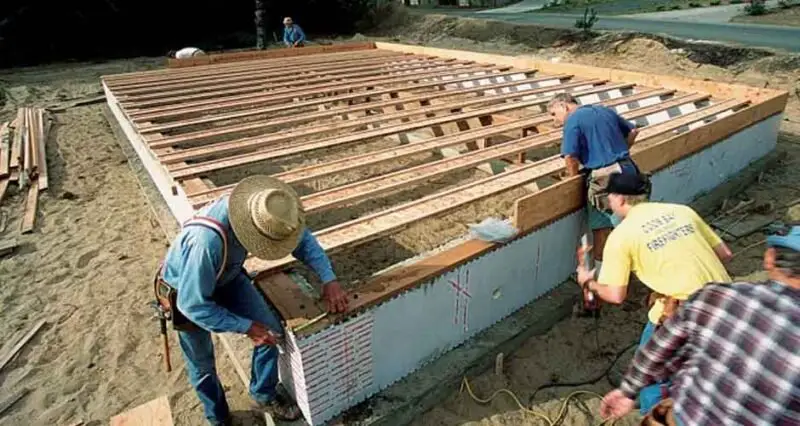
We all know that concrete projects can lead to some delays in such things that the property you are working on is involved. Working as a concrete contractor in Hawaii involves more than just understanding the craft of concrete installation. It also requires a thorough knowledge of the local regulatory environment to ensure that all projects comply with state and local laws. We should always follow the rules and don’t even try to break the law! In this blog post, we offer insights into the permits and regulations specific to Hawaii that affect concrete contractors. Whether you’re pouring a new driveway or laying the foundation for a commercial property, knowing these guidelines is essential. So, without further ado, let’s go!
Understanding State and Local Building Codes
The first thing to keep in mind for any concrete contractor in Hawaii is to become familiar with the state and local building codes. These codes dictate everything from the minimum standards for construction to specific requirements for concrete mix and reinforcement. For some instances, due to Hawaii’s unique climate and geological features, there are stringent regulations regarding seismic retrofitting and corrosion resistance, which directly impact concrete work.
Permits for Concrete Work
It is also crucial for a concrete contractor in Hawaii to secure the necessary permits, before starting any project. These permits help to ensure that your planned work complies with local zoning laws and building codes. The process typically involves submitting detailed plans and specifications for review by local authorities. This can include everything from the type of concrete used to the planned methods for curing and control of runoff, depending on the scope of the project.
Special Considerations for Environmental Compliance
Hawaii has a strong emphasis on protecting its natural environment, which influences many of the regulations applicable to construction projects. Concrete contractors in Hawaii should be vigilant about environmental compliance, particularly regarding water usage and disposal of materials. For example, projects near the coastline require special permits to prevent any potential impact on marine ecosystems. You should be careful on this matter because if you fail, your construction may result in demolition.
Working with Historic Preservation Rules
There are many historically significant areas in Hawaii that are protected under state preservation laws. For concrete contractors, this means you have to make additional layers of approval if a project involves land designated as a historic site. Oftentimes, this can influence decisions about materials and construction techniques, as modern concrete work must blend with or preserve the historical context.
Navigating County-Specific Regulations
It’s important to take note that regulations can vary significantly between different counties in Hawaii. For example, what may be permissible in Honolulu might not be in Maui. Therefore, concrete contractors in Hawaii need to be fully-aware of the local regulations that apply to their specific project locations. This may require consultation with county offices or hiring local experts who are familiar with the nuances of regional regulations.
Insurance and Liability
Being a concrete contractor in Hawaii also requires a deep understanding of the insurance and liability issues associated with construction work. Hawaii’s laws mandate specific types of insurance coverage, which includes workers’ compensation and liability insurance, to cover potential accidents or damages during construction. Understanding and securing the right insurance coverage is very important for compliance and protection.
Staying Updated with Regulatory Changes
The regulations and codes are subject to change, and staying updated is important for any concrete contractor in Hawaii. Changes can possibly arise from new environmental policies, updates in building codes, or shifts in zoning laws. Regular training and engagement with professional organizations can help contractors to keep up with these changes and avoid potential legal issues. Like we have said earlier, be careful because one wrong move can lead to the demolition of your construction.
Conclusion
Navigating the maze of permits and regulations is an important part of the job for any concrete contractor in Hawaii. Knowing and complying with these rules will not only ensure that projects are executed safely and legally but will also enhance the reputation of your business. If you are looking for expert guidance or need services from a skilled concrete contractor, consider visiting https://www.honolulu-concrete.com/. Here, you can find the best professionals who are well-versed in local regulations and committed to excellence in every project.
By keeping informed and compliant, concrete contractors in Hawaii can successfully navigate the complexities of the local regulatory landscape that will ensure their projects are both successful and sustainable. That’s pretty much it and I hope this helps. Good luck on your construction journey and always remember, keep everything legal!


